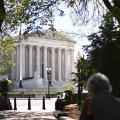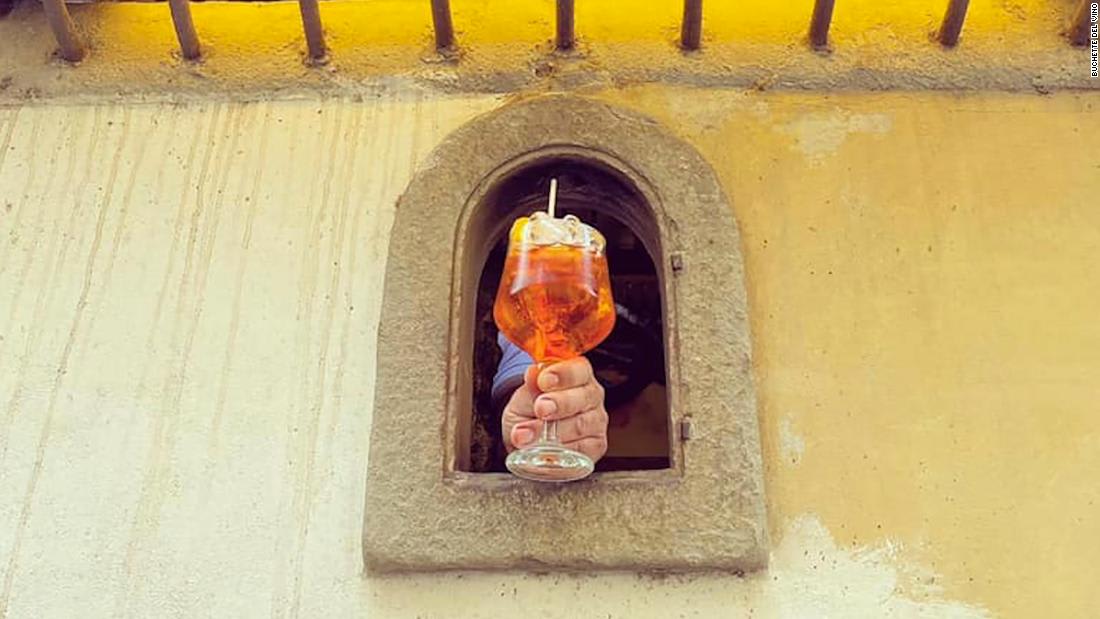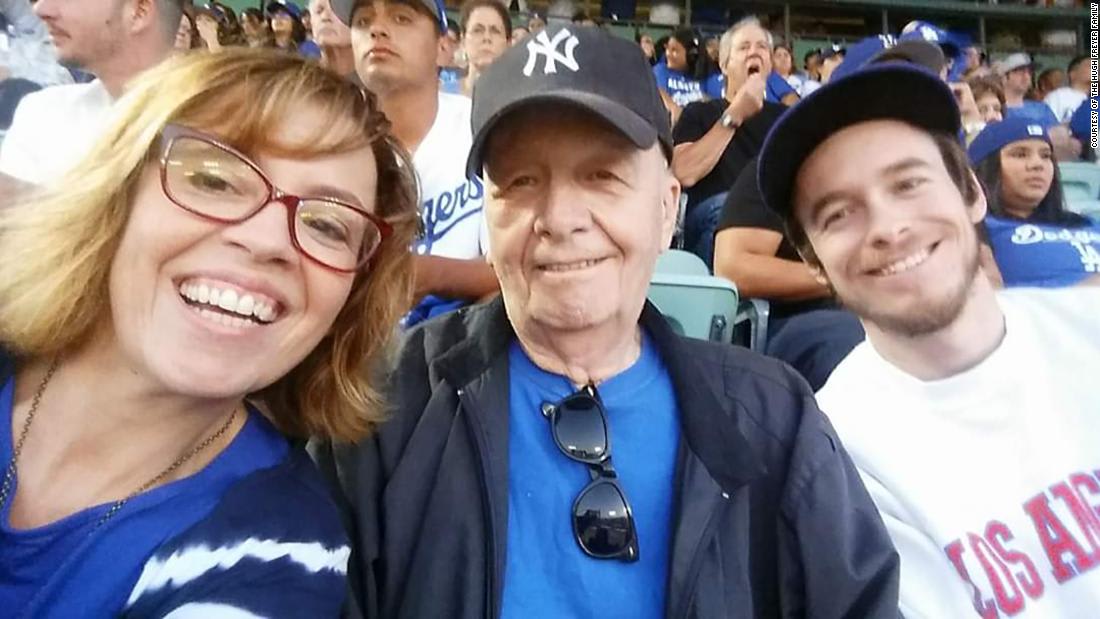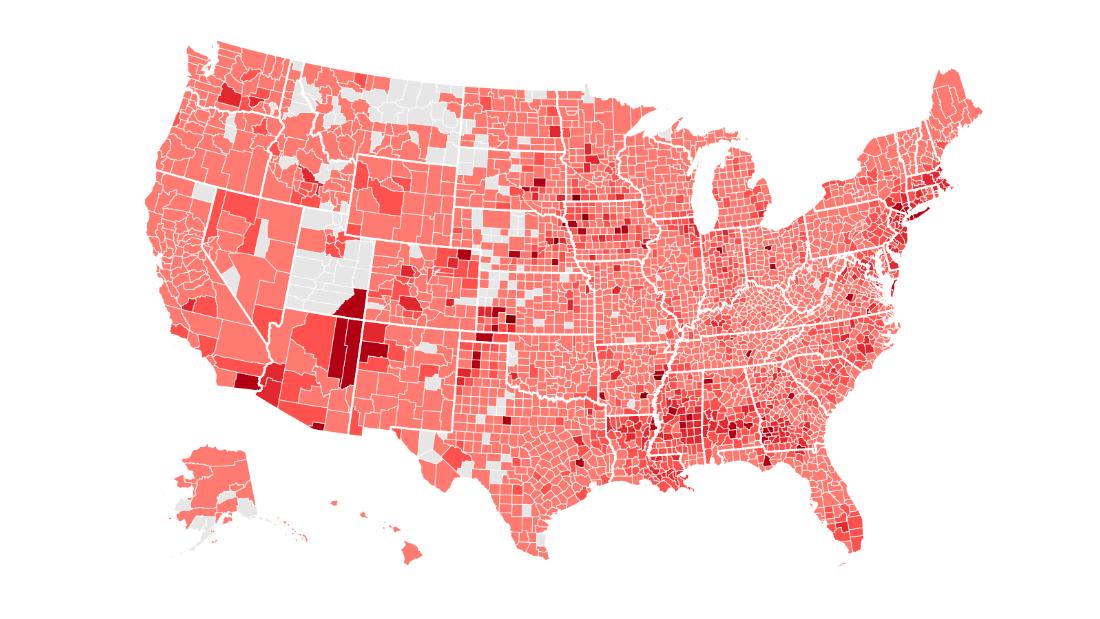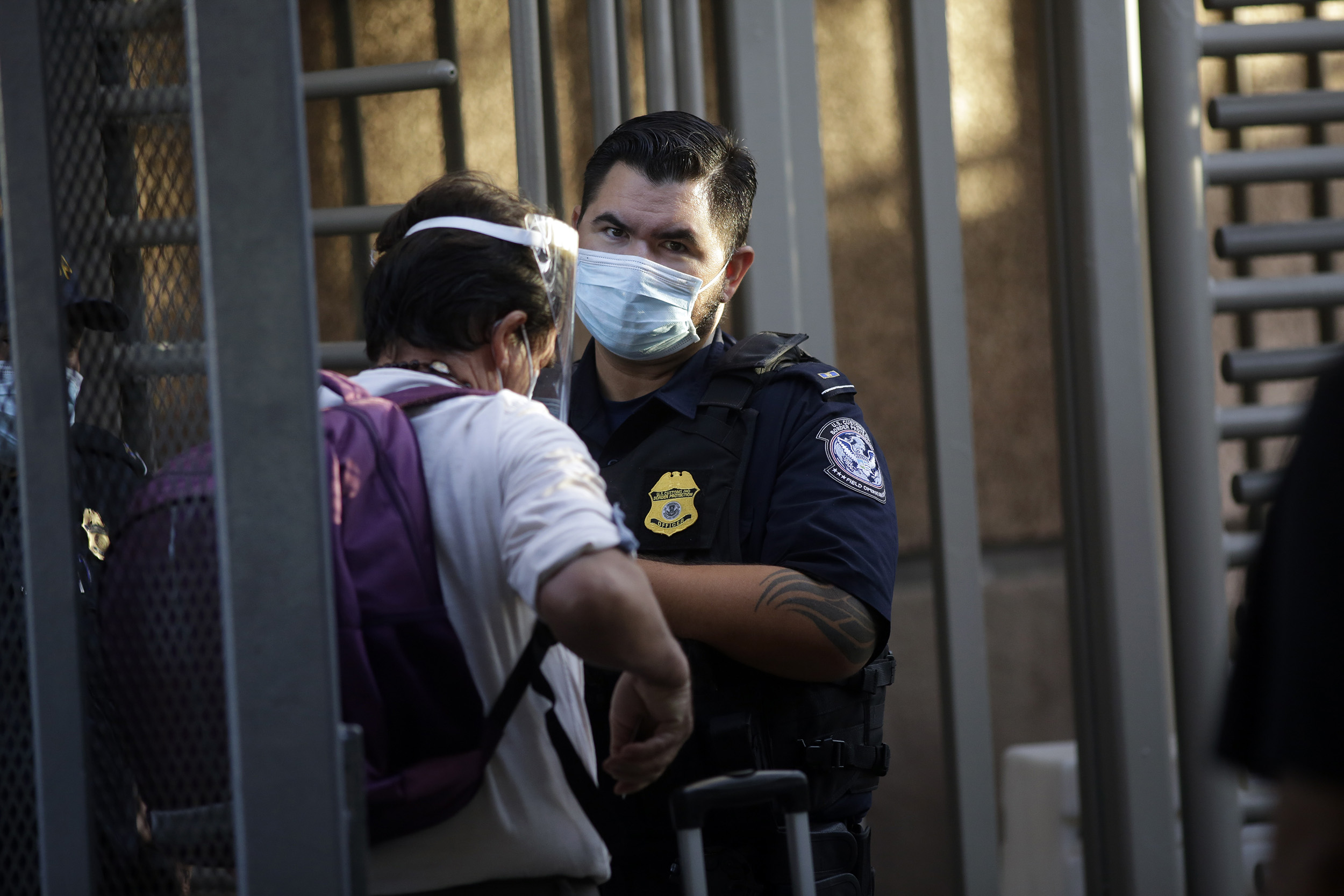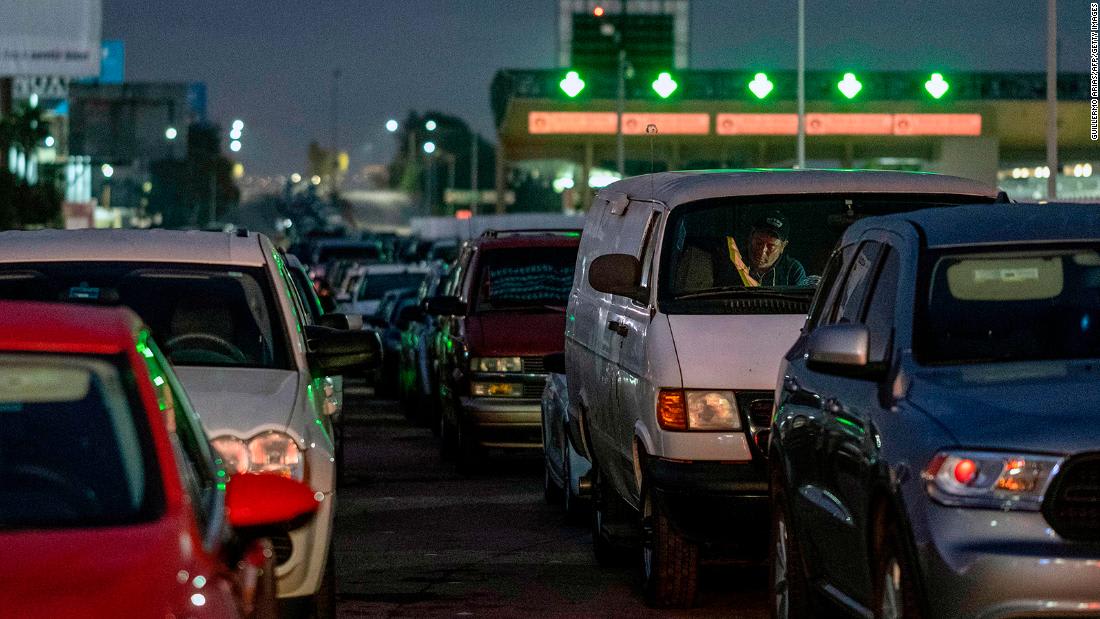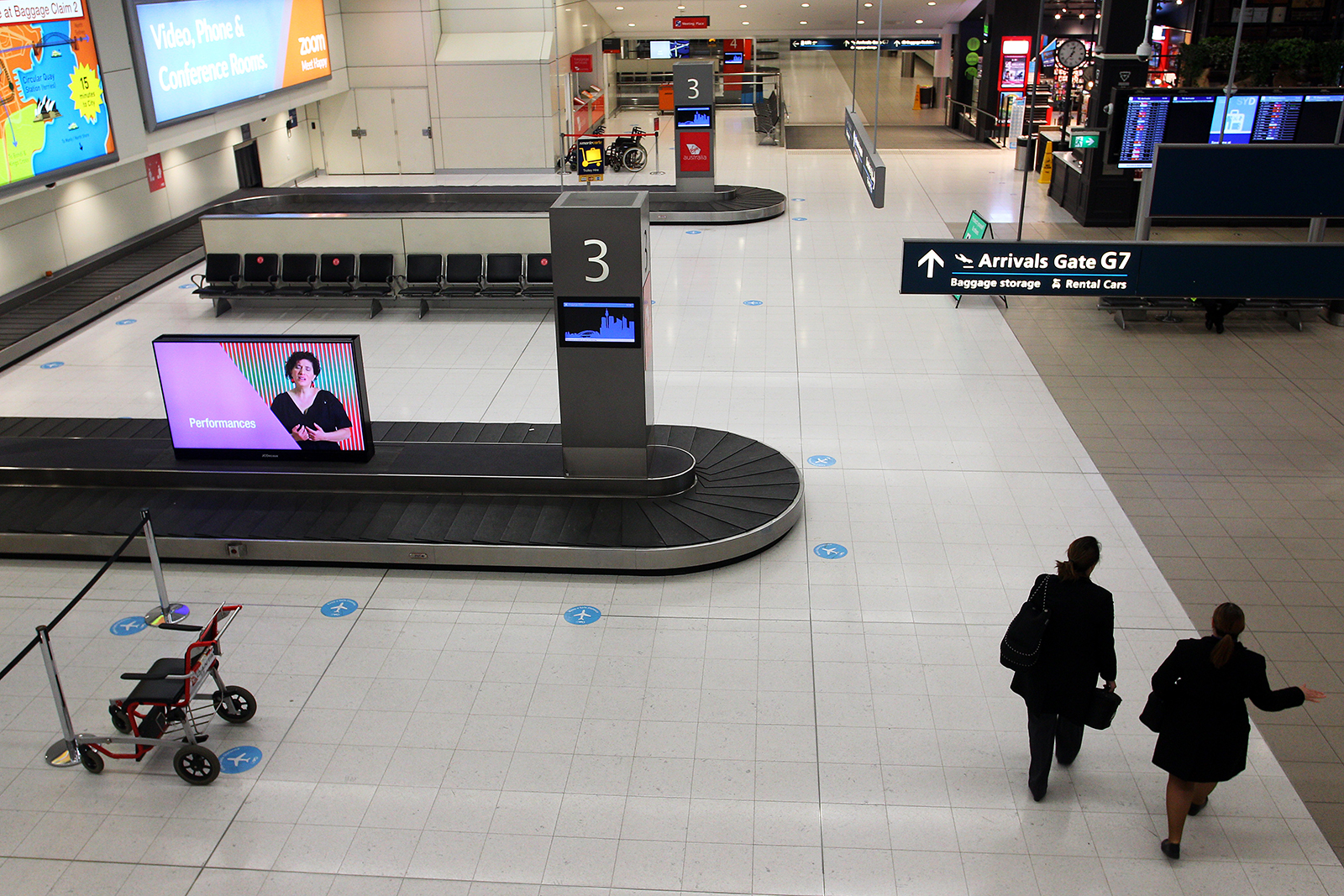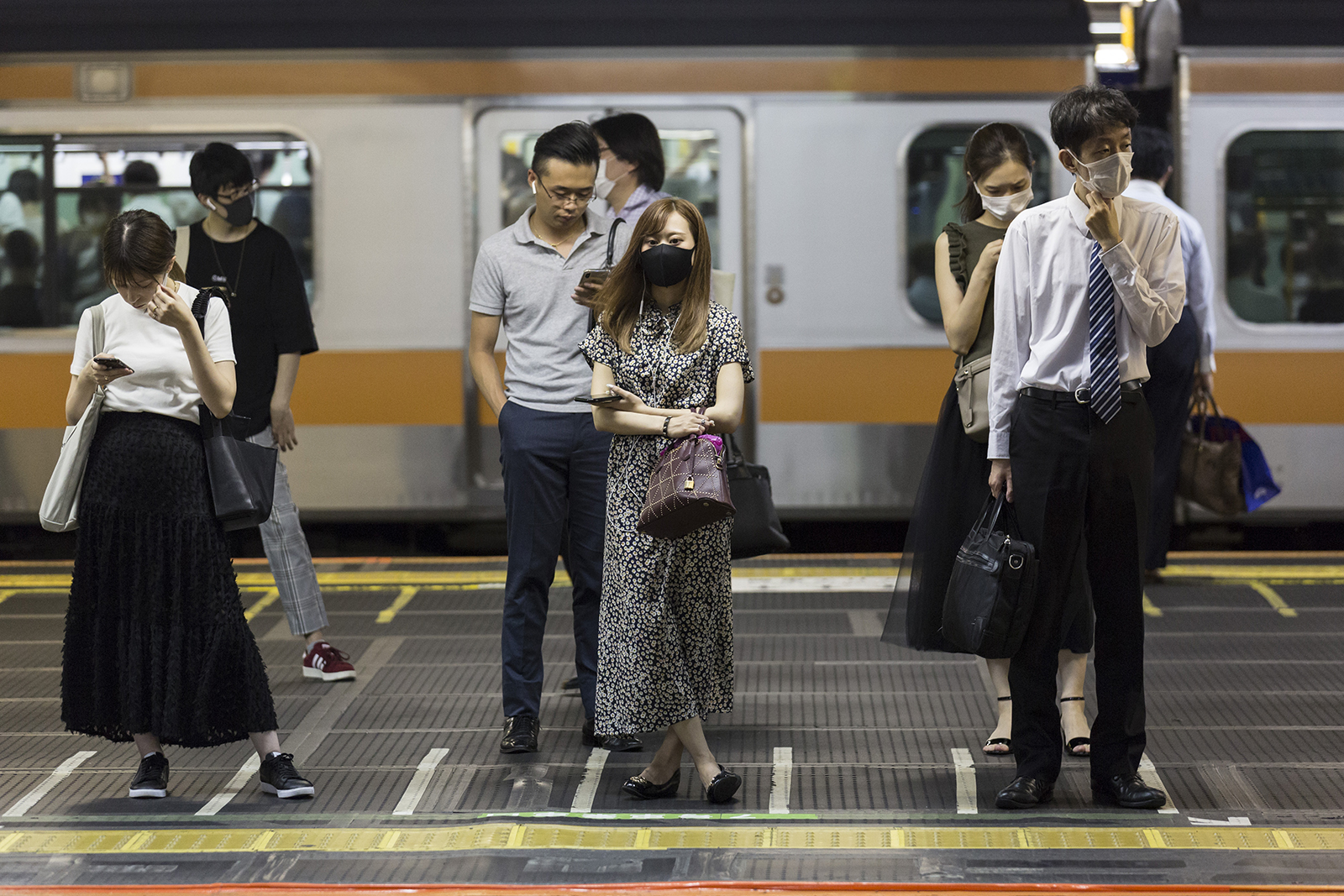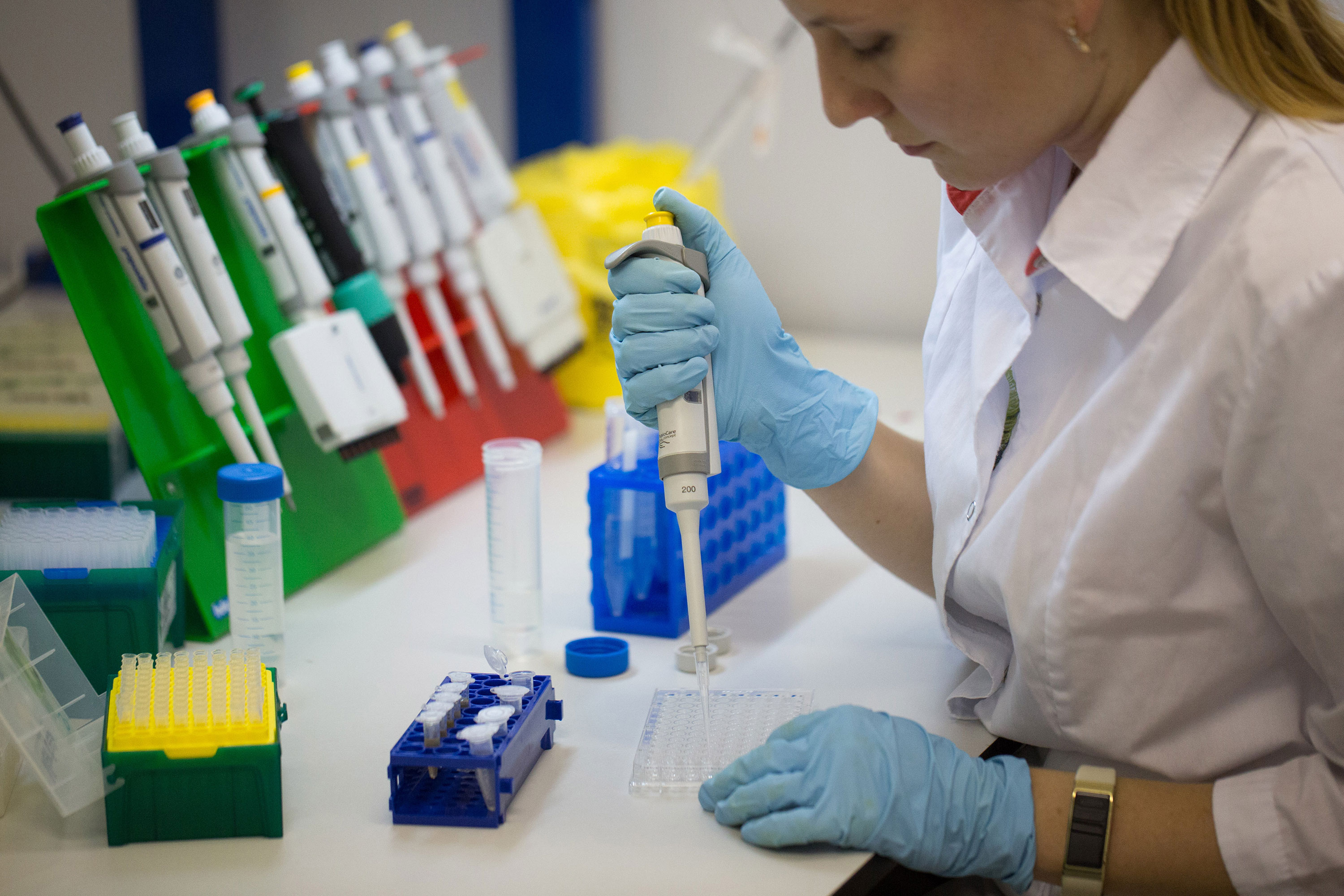
Russia has approved a coronavirus vaccine developed by the Moscow-based Gamaleya Institute for use, President Vladimir Putin said on Russian state TV on Tuesday.
Speaking in a live teleconference with his cabinet ministers, Putin said the vaccine had gone through all the necessary checks.
"A vaccine against coronavirus has been registered for the first time in the world this morning," Putin said, adding: "I know that it works quite effectively, it forms a stable immunity."
"So we're the first to have registered. I hope our foreign colleagues' work will move as well, and a lot of products will appear on an international market that could be used," Putin said.
The Russian President revealed that one of his daughters has taken the vaccine; he said she had a slightly higher temperature following the injections, but that she now feels better.
"I know this very well too, as one of my daughters has been inoculated with the vaccine," he said.
"I think that this way she participated in the experiment. After the first injection her temperature was 38 [degrees Celsius], the next day 37-something and that's it. After the second injection the temperature also got a bit higher but that's it, then it went back down. Now she feels well."
Reports about Russia's vaccine have come amid concerns about its safety, effectiveness and allegations that the country has cut essential corners in its development.
Russian officials told CNN previously that crucial Phase 3 trials would take place after state registration of the vaccine.
Russia has released no scientific data on its vaccine testing and CNN is unable to verify its claimed safety or effectiveness.
Critics say the country's push for a vaccine comes amid political pressure from the Kremlin, which is keen to portray Russia as a global scientific force.


